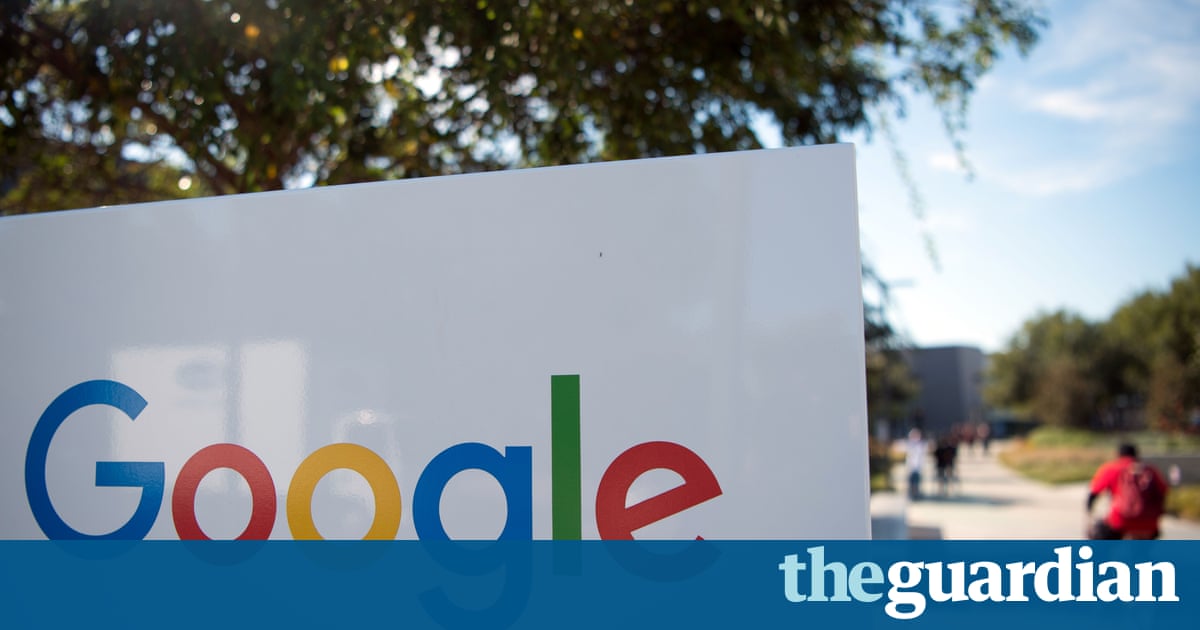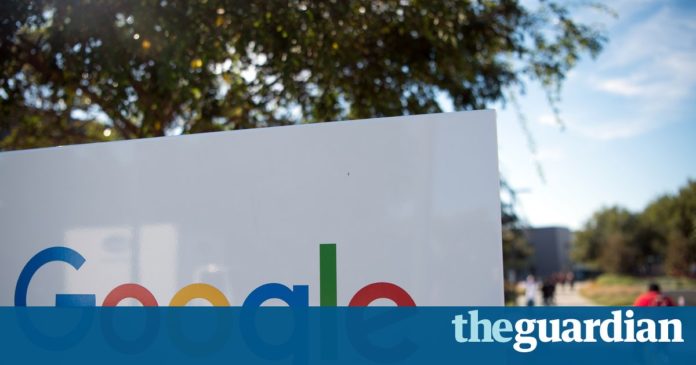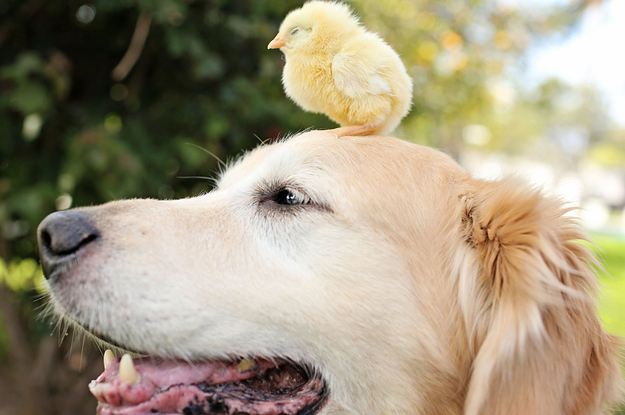In its ongoing bid to fighting fake news, Google follows Facebook in announcing new technology to assist curb spread of misinformation

Google is to start displaying fact-checking labels in its search results to highlight news and information that has been vetted and prove whether it is considered to be true or false, as part of its efforts to help combat the spread of misinformation and fake news.
The fact-checking feature, which is now being first introduced to Google News in the UK and US in October, is about to be displayed as an information box in general search results as well as news search results globally.
The small snippets display information about the claim make use of a particular page or site and who built the amount claimed, as well as the results of fact checking on the highlighted assertion. The reality checks are not to be provided by Google, but by named trusted publishers and fact-checkers use an open system to mark allegations as having been checked.
Cong Yu from Google and Justin Kosslyn from fact-check spouse Jigsaw said: With thousands of new articles published online every minute of every day, the amount of content tackling people online can be overwhelming. And unfortunately , not all of it is factual or true, attaining it hard for people to distinguish fact from fiction.
As we induce reality checks more visible in search results, we believe people will have an easier hour reviewing and assessing these fact checks, and making their own informed opinions.
Fact check boxes will not be displayed for every search make, and only publishers that are algorithmically determined to be an authoritative source of information will be included in the program Google said.
The expansion comes in the wake of heavy criticism of US technology firms for their inactivity over the spread of misinformation and fake news, particularly around high-profile topics such as the US election. The UK government recently exhorted US firms, including Google, Facebook, Twitter and Microsoft, to do more to police their platforms and remove illegal and radical content.
German chancellor Angela Merkels cabinet has also backed legislation that could lead to fines of up to 50 m if social networks refuse to remove illegal content and dont give users an effective way to report fake news and detest speech.
The spread of false information is not a new trouble, but has been amplified by the ease of publishing and the vast reach provided by search engines and expansive social networks. The barrier to entry is small-scale and the volume of the information contained high, leading to an expanding issue across multiple platforms and outlets.
Research from the Reuters Institute for the Study of Journalism in June 2016 found that Facebook was the primary news source for 18 -to-2 4-year-olds. In August, the social network site became embroiled in a fake news blizzard after sacking editorial personnel controlling its trending topics news feed, replacing it with an algorithm that has been initiated promoting fake news.
Facebook lately began trialling a third-party fact-checking tool that flags tales shared on the social media website as quarrelled by named fact checkers, including Snopes.com and the Associated Press.
On Thursday Facebook also published a tool it hoped would help educate the public on how to spot fake news and how discern trustworthy sources from those spreading false information. Facebook customers will be presented with a large post at the top of their News Feeds with 10 tips for identifying misinformation including being sceptical about headlines that induce shocking claims.
Read more here: http :// www.theguardian.com/ us







